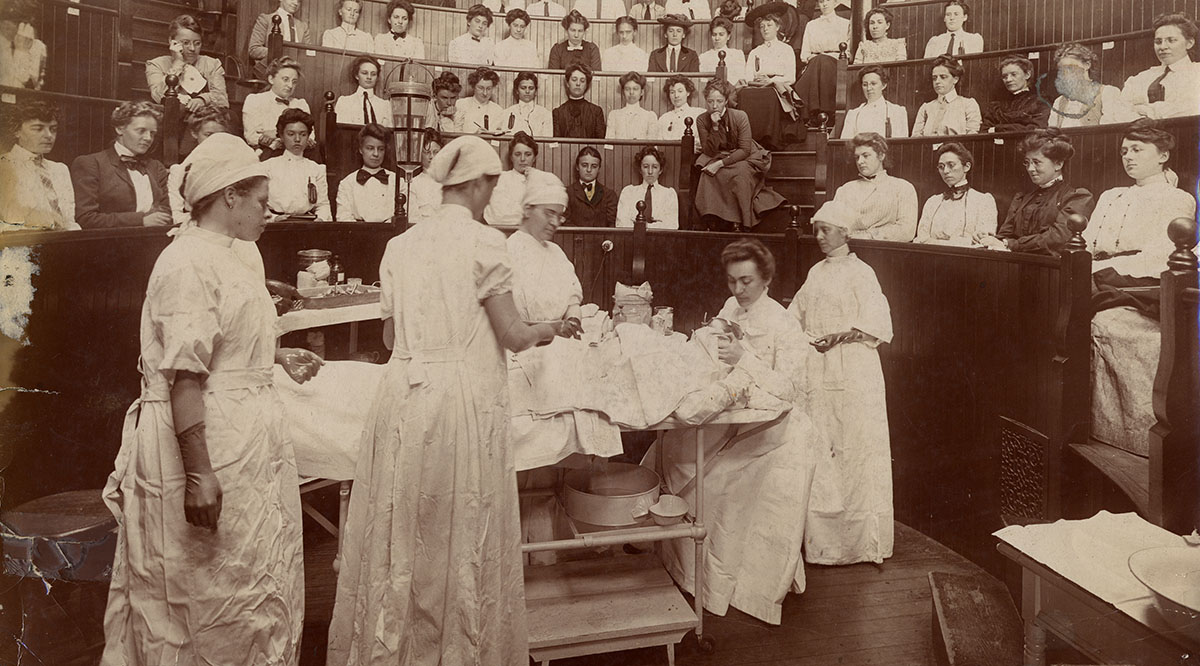
FAQ About Women in the History of Medicine
Women in the History of Medicine
2 years ago | gizem
What were some challenges women faced in pursuing medical careers in the past?
Women faced numerous challenges in pursuing medical careers in the past, and these challenges varied across different time periods and cultures. Some of the common obstacles and difficulties women encountered when aspiring to become physicians or medical professionals include:
- Gender Discrimination: Gender bias was a pervasive issue. Many societies held the belief that women were not intellectually or physically capable of practicing medicine, which limited their access to medical education and opportunities.
- Limited Educational Opportunities: Women were often denied admission to medical schools or faced restrictions on the subjects they could study. This lack of access to formal medical education hindered their ability to become licensed physicians.
- Exclusion from Medical Societies: Many medical societies and professional organizations excluded women from membership, which meant they were unable to access resources, networking, and mentorship opportunities.
- Stereotypes and Prejudice: Women who did pursue medical careers faced skepticism, ridicule, and prejudice from their male colleagues, patients, and society at large. They had to work harder to prove themselves.
- Lack of Support and Role Models: The absence of female mentors and role models in the medical field made it difficult for women to envision successful careers and find guidance in navigating the challenges they faced.
- Legal Barriers: In some places, laws and regulations explicitly prohibited women from practicing medicine or holding medical licenses, reinforcing the gender-based barriers they encountered.
- Social Expectations: Societal norms often placed pressure on women to fulfill traditional gender roles as caregivers and homemakers, making it difficult to pursue demanding careers in medicine.
- Limited Clinical Opportunities: Even when women managed to obtain medical degrees, they sometimes struggled to secure clinical experience or access to patients due to discrimination.
- Lack of Funding: Women often had limited access to financial resources or scholarships for medical education, making it challenging to afford the costs of training.
- Struggles for Recognition: Women physicians often had to overcome resistance to being taken seriously in the medical profession and establishing their credibility among colleagues and patients.
